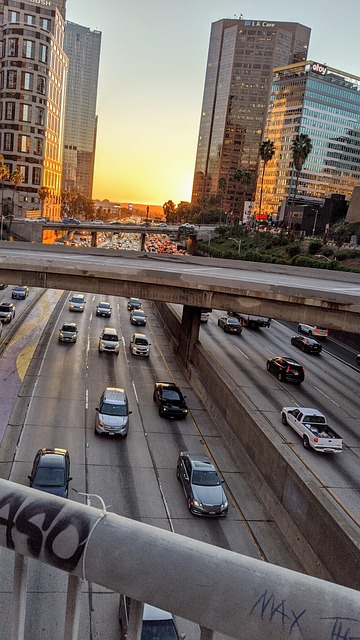Los Angeles' No Call Laws protect residents from unsolicited sales calls, with strict regulations on automated or prerecorded marketing calls without prior consent. Key court rulings have refined these laws, emphasizing the balance between public safety and privacy, particularly regarding police entry into private homes. These laws influence community dynamics, increasing transparency and trust while challenging law enforcement's communication tactics. Continuous adaptation and navigation are required by both agencies and residents to ensure these laws protect rights and maintain safe communities, with potential for statewide policy influence through evolving legal precedents.
“Unraveling the intricate web of No Call Laws in Los Angeles, this article delves into their profound impact on law enforcement practices and community interactions. With a focus on legal precedents, we explore how court rulings have shaped the boundaries of police entry, influencing civil liberties and community relations. From understanding the basic framework to predicting future trends, this comprehensive guide offers insights into the evolving landscape of No Call Laws in Los Angeles, highlighting their significance for both law enforcement agencies and residents alike.”
Understanding No Call Laws: A Basic Framework
Los Angeles Court Rulings on Unwarranted Police Entry
In Los Angeles courts, several key rulings have shaped the enforcement of No Call laws, particularly regarding police entry without warrants. These decisions underscore the importance of balancing public safety with individual privacy rights. Over the years, judges have consistently emphasized that police actions must be justified and proportionate, especially when entering private residences without a warrant.
One notable case involved a situation where officers entered a home based on an anonymous tip, leading to a violation of the No Call law. The court ruled that such entries without exigent circumstances or valid warrants are unlawful, protecting residents from unreasonable intrusions. This ruling has had a significant impact on training and protocols for law enforcement agencies in Los Angeles, reinforcing the need for proper procedures when dealing with similar scenarios.
Impact on Community Relations and Civil Liberties
The implementation and subsequent evolution of No Call Laws in Los Angeles have had a profound impact on community relations and civil liberties. These laws, aimed at restricting unnecessary or abusive phone calls, particularly from law enforcement, have sparked a delicate balance between public safety and individual freedoms. By holding police accountable for their communication strategies, No Call Laws foster a sense of transparency and trust among residents, addressing historical concerns about overzealous policing and unwanted intrusions into personal spaces.
However, the enforcement of these laws also presents challenges. While they empower citizens to refuse certain types of calls, there’s a risk of inadvertently hindering legitimate law enforcement efforts. The key lies in striking a balance, ensuring that No Call Laws protect civil liberties without impeding the crucial work of keeping communities safe. This requires continuous dialogue and adaptation based on community feedback and legal precedents established in Los Angeles courts.
Future Implications: Predicting Legal Trends in No Call Enforcements
As Los Angeles continues to navigate the evolving landscape of no-call laws, future implications are likely to shape the way law enforcement agencies operate. The consistent application of legal precedents will play a crucial role in predicting and establishing trends within no-call enforcements. With each successful case and ruling, specific guidelines and standards may emerge, providing clarity for both law enforcement officers and the public. This could lead to more efficient protocols, ensuring that calls are handled appropriately while respecting individual privacy rights.
Moreover, the ongoing development of legal precedents might encourage a proactive approach to no-call regulations. As courts continue to set new standards, agencies may need to adapt their strategies, potentially resulting in innovative solutions and best practices. These developments could have far-reaching effects on similar cities or even statewide policies, fostering a more uniform understanding and implementation of no-call laws across Los Angeles and beyond.





